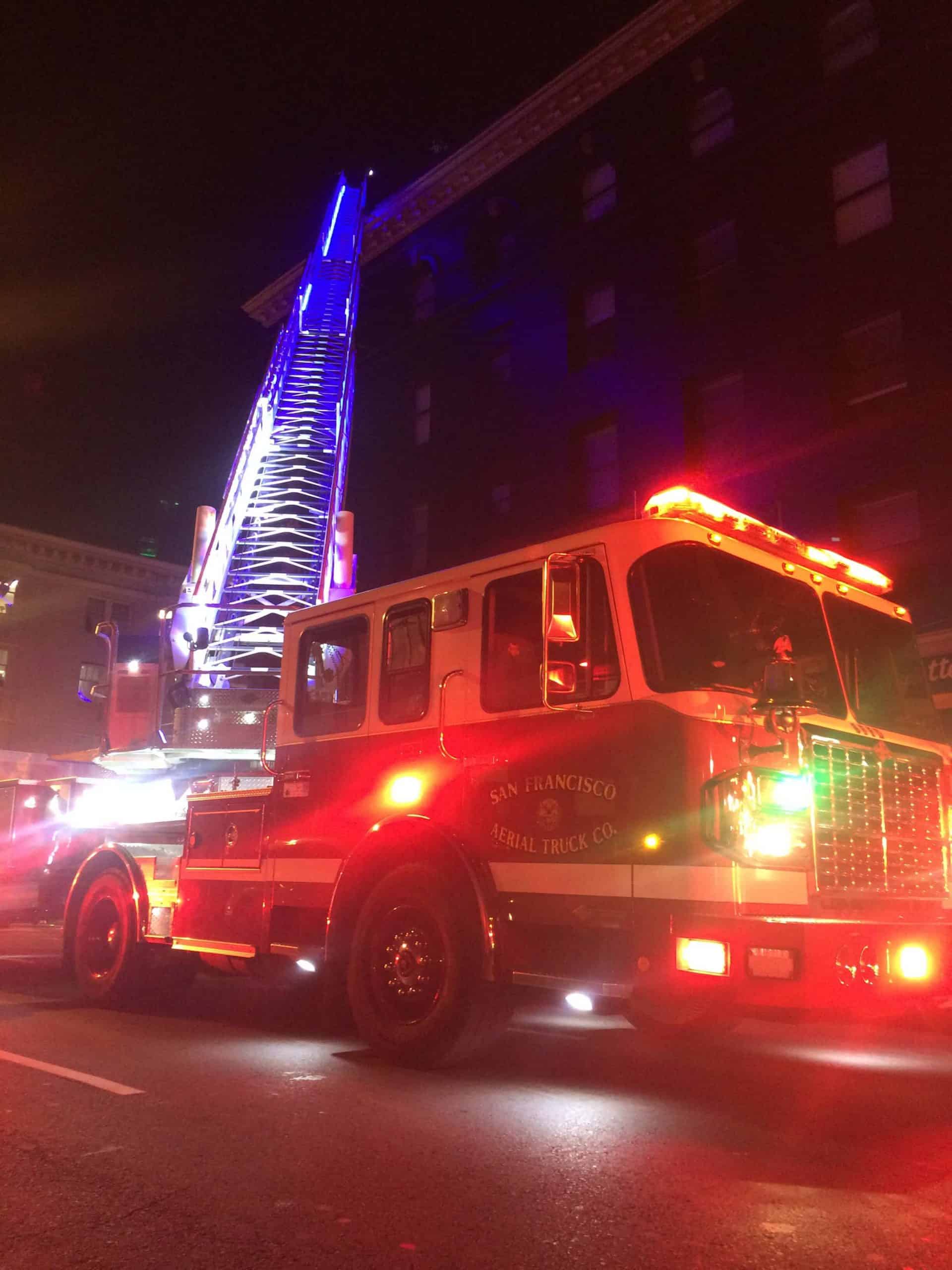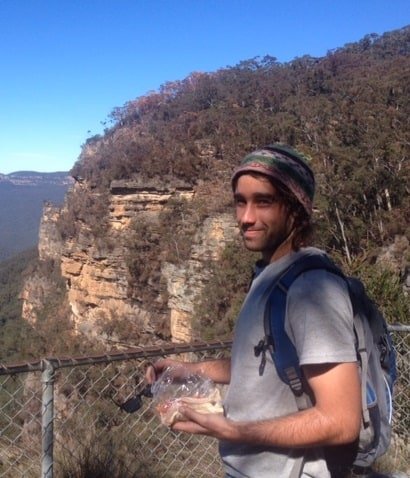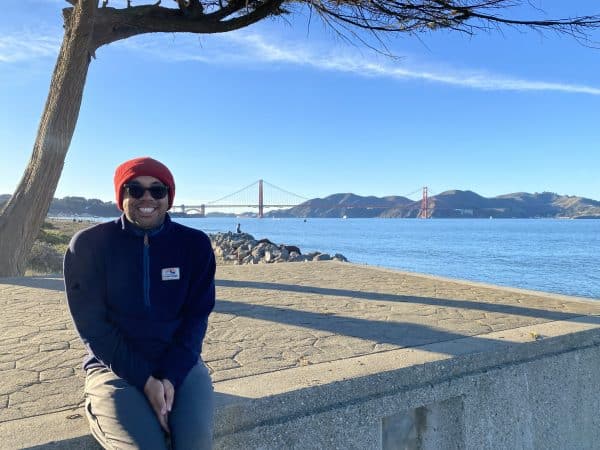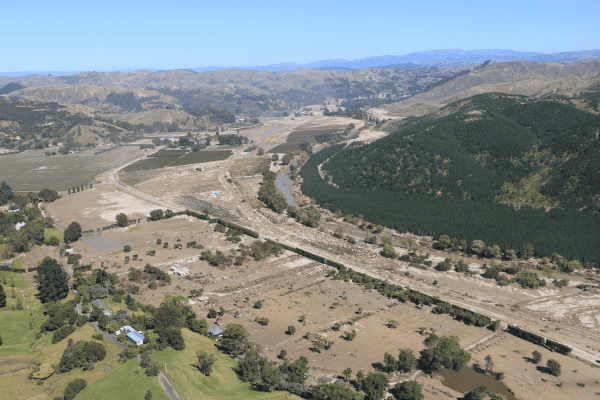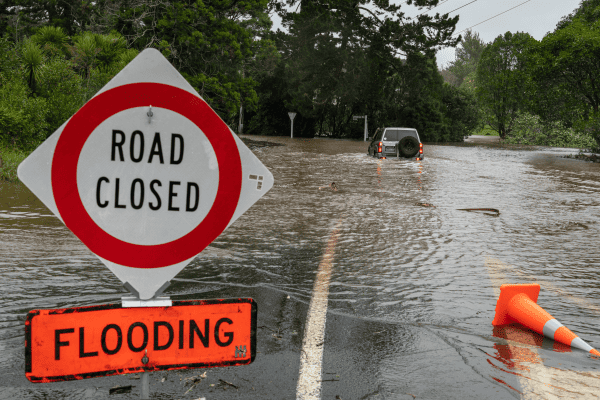Student Profile: Jake McPhee
27/07/2018
A Birds Eye View of Disaster Preparedness in Metropolitan Settings
A bit about me
Having grown up in New Zealand, I developed a healthy infatuation with the unique natural environment which we as New Zealanders enjoy. After completing my undergraduate degree in applied physics, I pursued a career in the field of geophysics. I quickly found that this particular field was distinctly void of any consideration of the societal impacts of its endeavours, a contention which I struggled with greatly. Upon some research, it became clear that the field of disaster management is one situated neatly on the intersection of both the physical and social environments which we as humans all occupy. This space not only appealed to me intellectually and pragmatically, but is also a rapidly developing space which, I believe, requires contemporary societies’ undivided attention. Upon this realisation there was only ever one route for me to travel.
In my free time I do all I can to ensure that I am close to the beach and with any luck, I’ll stumble upon some surf in the process.
My project
In recent weeks I have received confirmation of the successful completion of my Master’s Degree in Disaster Management. My research project aimed to begin developing a set of best practice guidelines for developing levels of disaster preparedness in metropolitan settings. Rather than examining specific initiatives, I focussed on the broader governance structures which facilitate the development and implementation of said initiatives. I did this by conducting a range of interviews with emergency management practitioners in Auckland and San Francisco, two densely populated metropolitan settings with very similar risk profiles and a set of relatively similar socio-cultural dynamics. My research concluded that the nature and structure of the governance frameworks concerned with developing levels of preparedness have significant implications on the effectiveness of preparedness development approaches adopted by relevant authorities.
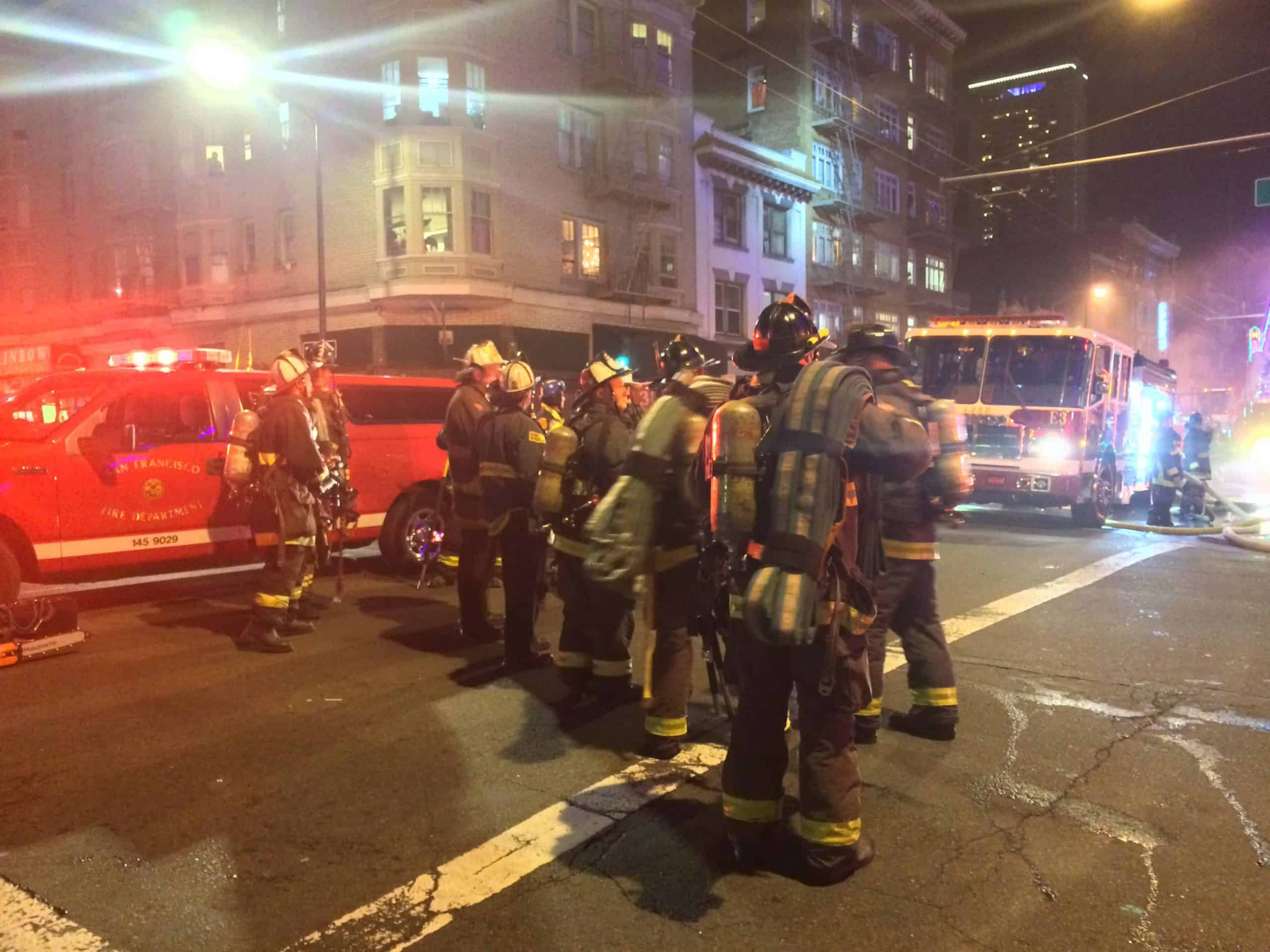
My research also concluded that a ‘bottom up’ approach which leverages existing community networks is the most effective contemporary approach to developing levels of disaster preparedness in metropolitan settings. However, the starkest finding of this research was the clear lack of theoretical grounding present in the respective efforts of each city to increase preparedness among its residents. Upon the conclusion of the research, a set of recommendations which aim to address the aforementioned findings are made which, if considered, will hopefully steer each city towards best practice in developing levels of preparedness. Thanks to the diligence and support of my supervisor, Dr. Alice Chang-Richards, I was able to secure funding which allowed me to travel to San Francisco to undertake this research in person. This meant I could engage with the research on a level which would not have been possible had I conducted my research from a distance. For this I am highly grateful.
Next steps
Upon the completion of my academic studies, I procured a three month consulting contract to the Bay of Plenty Emergency Management Group. I have been tasked with undertaking research which will allow me to provide a set of recommendations for how the group could address the gaps present in their current emergency alerting suite. Moving forward, I am looking to move into the space where international development and emergency management intersect. This is a complex yet fascinating space in which I feel that my recently procured skills could be utilised in a positive manner.
